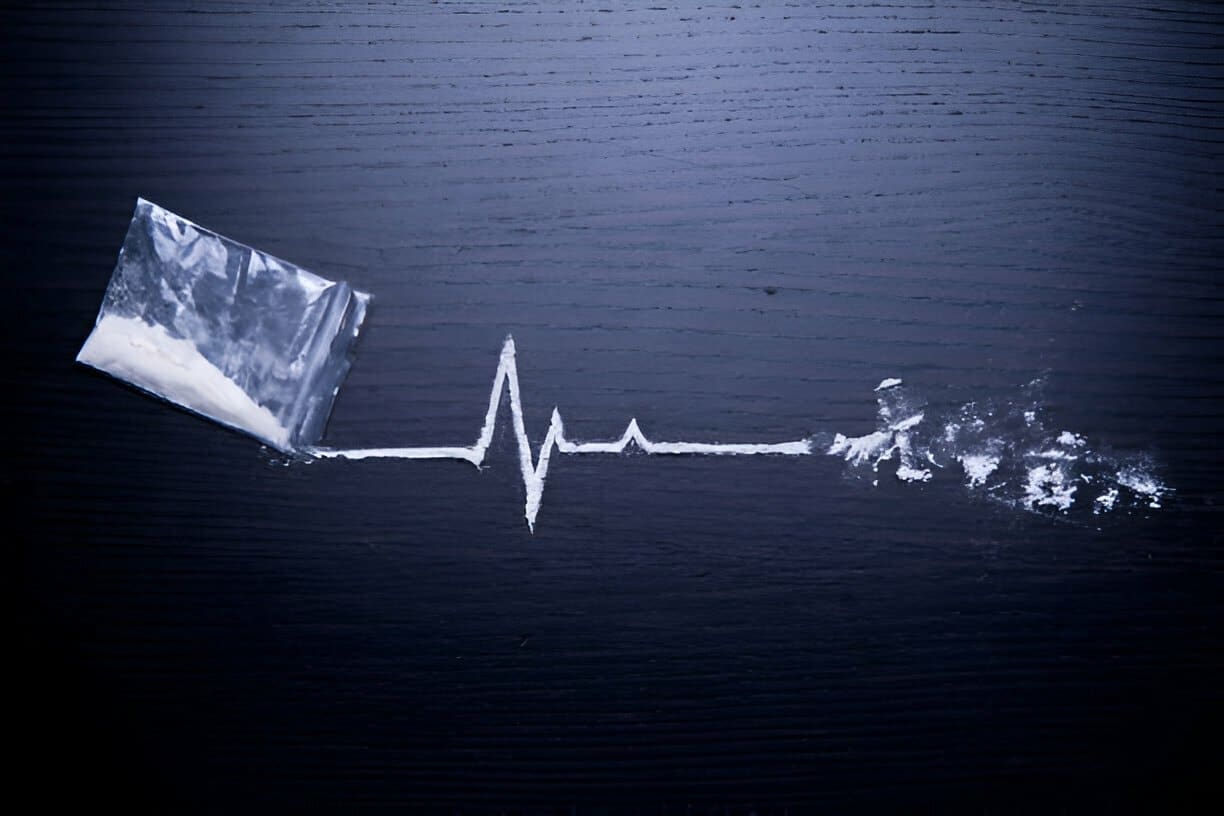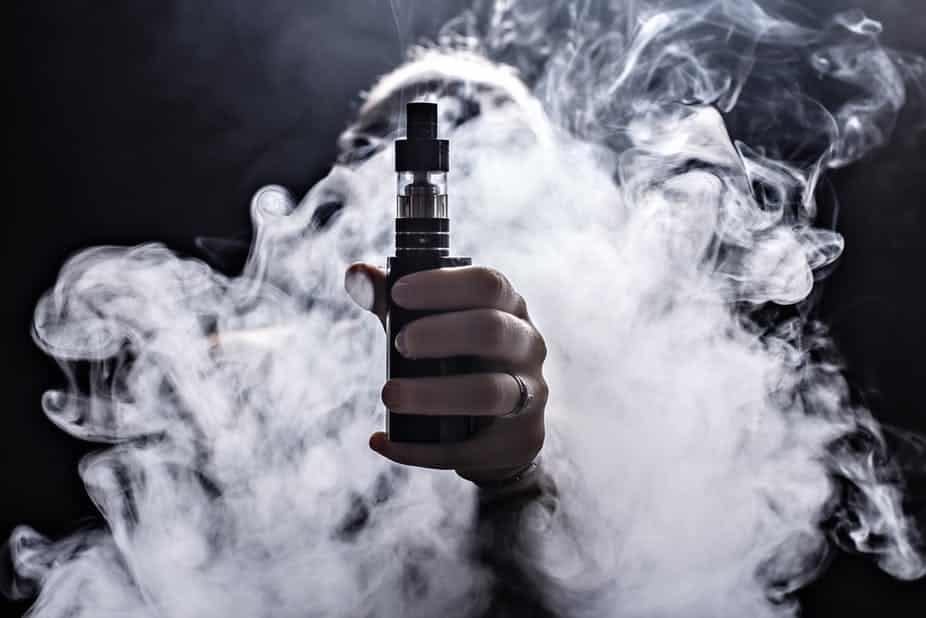Dexedrine is the brand name for a dextroamphetamine extended-release formulation used to treat attention deficit hyperactivity disorder (ADHD) and narcolepsy. Adderall, another regularly prescribed stimulant, contains dextroamphetamine as one of its active ingredients.
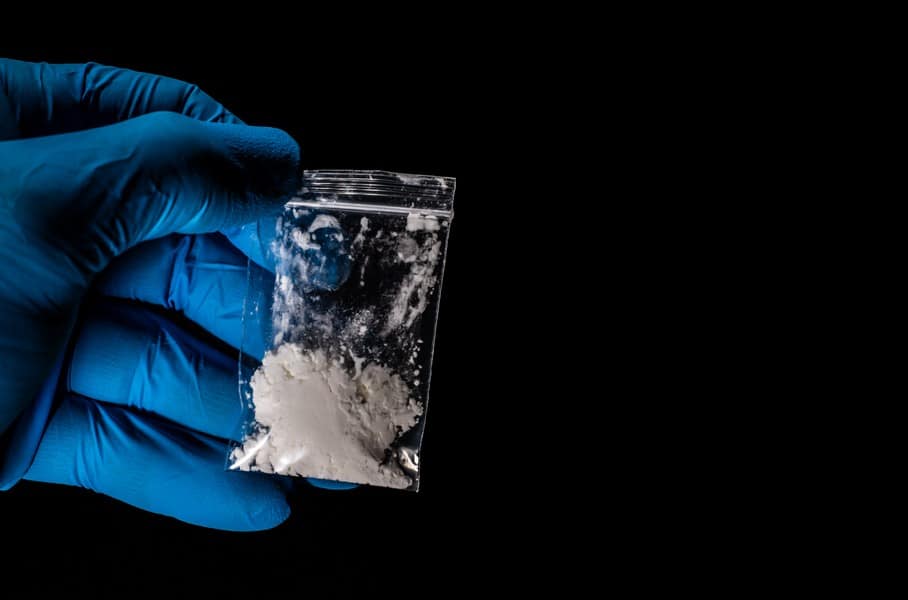
In the UK, this is a Class B substance, which means that if you’re caught with it, you might face up to 5 years in prison, a fine (with no upper limit), or both.
If your loved one needs support dealing with an Alcohol Addiction, contact us today on 0800 999 1083. We can help you by recommending treatment options.
Dexedrine is available as a capsule, tablet, or oral solution. The capsule strength ranges from 5mg to 15mg; the tablet strength (immediate release) is 2.5mg to 30mg, and the oral solution (ProCentra) is 5mg/5mL.
Dexedrine is one of the many brand names for the stimulant dextroamphetamine. Others include:
Dexedrine enables the brain to release specific chemicals, including dopamine, which is responsible for pleasurable experiences. Dexedrine activates the reward centre in addition to triggering dopamine receptors in the brain. One of these consequences is that the brain tends to link drug use with other vital survival activities such as breathing and feeding.
As a result, you’ll want to use Dexedrine repeatedly, which might lead to physical and psychological dependence. As your brain reacts to the ongoing presence of Dexedrine, it will change the way it functions, making it increasingly difficult to cope without it.
Dexedrine addiction is defined as a condition in which a person is unable to operate well without the usage of a substance that is not a pharmaceutical used to treat medically proven conditions in the appropriate dosage. When you’re addicted to Dexedrine, you’ll find yourself using it to “feel good” and escape the vast range of withdrawal symptoms that might occur when you don’t use it for a long time.
The loss of these cells makes it more difficult for the person to feel pleasure, according to a study published in Experimental and Clinical Psychopharmacology. As a result, the person begins to crave more of the substance to feel pleasure. This can become a vicious cycle, with the person eventually losing their ability to feel pleasure, a condition known as anhedonia. This can lead to depression and suicidal thoughts.
Teenagers and young adults are the most common users of Dexedrine. This drug abuse can occur for a variety of causes. Some students use it as a “study drug,” believing that it will help them focus on studying in the short term, resulting in more efficient study and higher test performance in school. This impression has been contradicted; students who take ADHD drugs as study aids have been proven to perform worse on tests.
Furthermore, according to a chapter in the book Chemically Modified Bodies, certain people are more likely to use stimulants if they have a negative body image. These individuals take stimulant drugs like Dexedrine to help them lose weight, knowing that stimulants can cause loss of appetite and consequent weight loss.
The euphoric impact that Dexedrine can produce is another reason why individuals abuse it. People who abuse Dexedrine for the high often get there through misuse that began for the reasons listed above. Furthermore, some people use Dexedrine to get high without ever using it for anything else.
While the prevalence of Dexedrine abuse has not been thoroughly investigated, there has been numerous research on nonmedical stimulant usage. A study published in the Journal of Pharmacy Practice found that roughly 9% of PhD pharmacy students abused prescription stimulants in some way.
Another study published in the Journal of Attention Disorders contained data from people in drug addiction treatment. The findings revealed that self-reported prescription stimulant abuse was far less common (1%) than prescription opioid (approaching 20%) or sedative usage, with a prevalence of more than 10%.
Apart from the physical and psychological side effects of Dexedrine usage, one of the most severe consequences of misusing a stimulant like this is that it can swiftly develop into physical dependence and addiction. Repeated or chronic substance use leads to drug dependency or the physiological need for a substance.
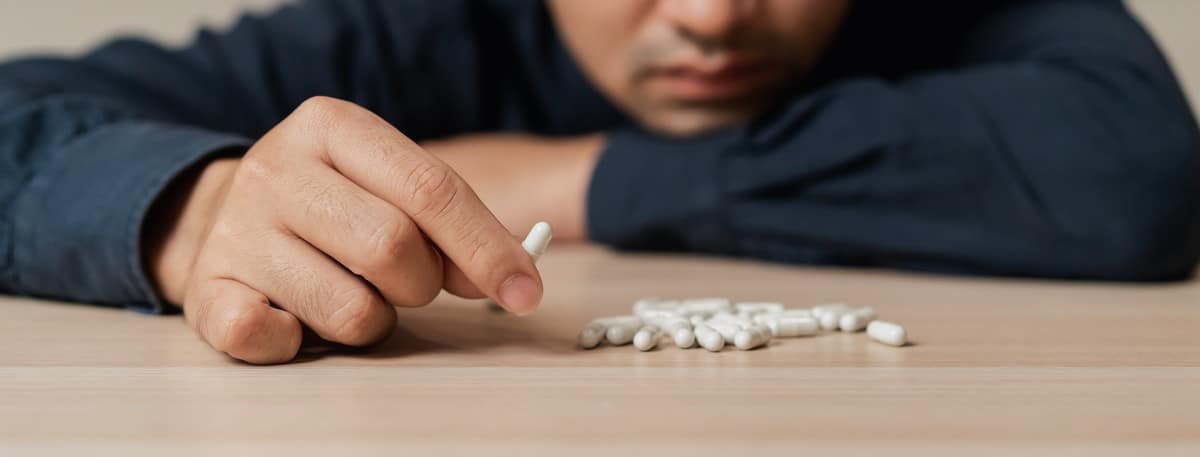
When a user attempts to reduce or stop using, they may experience various withdrawal symptoms that range from annoying (e.g., severe fatigue) to dangerous (e.g., seizures, depression or suicidal thoughts). Withdrawal avoidance tends to prolong use, so even if a person no longer enjoys the drug, they may continue to use it, perpetuating a never-ending cycle of drug use and regret.
Physical dependence may develop with routine prescription use; however, misusing Dexedrine—especially at high doses—may accelerate this process and make quitting even more difficult.
A progressively increasing physiological dependence is frequently a sign of a developing Dexedrine addiction. Addiction, rather than defining a physical need for the drug, is defined as the ongoing, compulsive use of the drug even though it is causing harm to your body, life, or both.
Dexedrine has a particularly high risk of abuse and addiction because, like many other addictive chemicals, it affects dopamine activity, a neurotransmitter involved in pleasure, movement, motivation, and reward.
Dopamine is gradually released when Dexedrine is prescribed and taken as directed, theoretically mirroring the brain’s natural release of the molecule. However, when taken in methods other than advised, it can cause dopamine surges, resulting in feelings of euphoria or extreme well-being.
This “high” may cause the user to return to Dexedrine on a regular basis. Other activities that normally generate dopamine will eventually fall short of the medication. The stimulant’s use will likely begin to take precedence over other priorities, and the user may continue to use Dexedrine even if negative consequences are happening or are expected.
You most likely began with a legal Dexedrine prescription but forgot to notify your doctor when your usual dose became ineffective. Increasing the dosage to obtain the desired effects leads to drug dependence and the desire to take more Dexedrine.
Tolerance is one of the factors that contribute to addiction. Your body has already become accustomed to the drug if after taking it at the appropriate dose, you have gradually increased it. Without a doctor’s consent, increasing the dosage or increasing the strength effectively drives your body into addiction.
However, some other factors may increase the likelihood of a Dexedrine addiction, such as genetics and environmental factors.
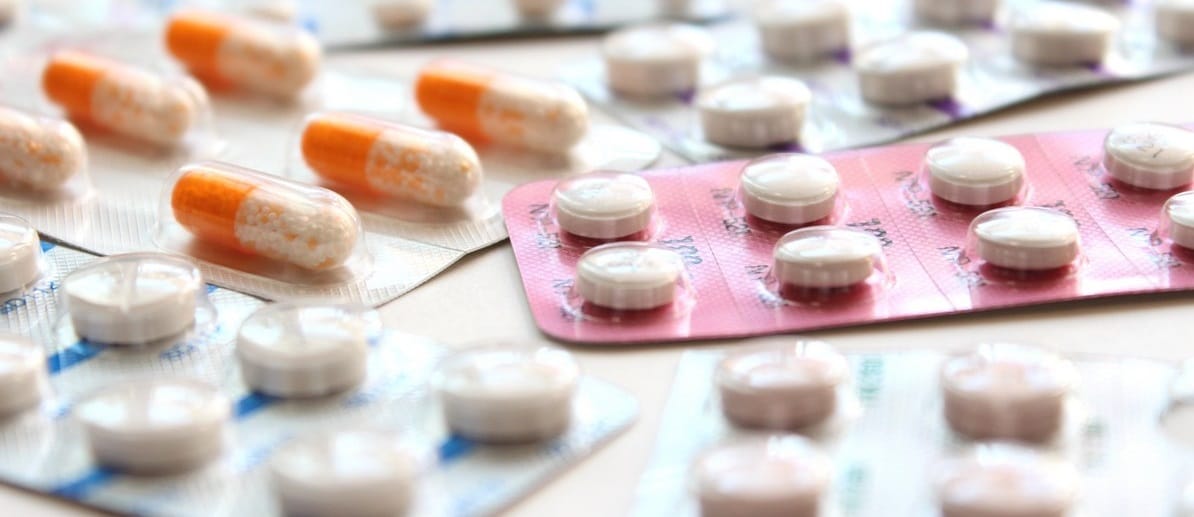
Dexedrine is highly addictive, making it a regulated substance that should only be used under specific circumstances (especially in a hospital environment).
Dexedrine is addictive because it interferes with the reward and motivation pathways in the brain. The underlying chemical reactions reprogram your body to believe it needs Dexedrine to carry out daily activities.
A lack of willpower or values doesn’t cause addiction. When you have an addiction, the chemical processes in your brain are very different from when you don’t. That explains why one person can enjoy a cigarette once in a while another requires them on a daily basis to function.
Addiction has a strong genetic component. Heredity accounts for up to 50% of your risk of developing an addiction to alcohol, nicotine, or other substances. If you have family members who have struggled with addiction, you’re more likely to do so yourself.
Environmental variables might also increase your chances of being addicted. Lack of parental participation can lead to increased risk-taking or experimenting with alcohol and other substances among children and teenagers. Young people subjected to parental abuse or neglect may turn to drugs or alcohol to cope with their feelings.
Another risk factor for addiction, particularly among young individuals, is peer pressure. Even if it isn’t overt or forceful, peer pressure to fit in can create an environment conducive to substance “experimentation” that can develop into addiction. The presence of a substance in your social circle might also influence your chances of becoming addicted. Large amounts of alcohol, for example, are readily available in many popular University social gatherings.
There are several aspects to recognising Dexedrine abuse, including physical and mental symptoms and behavioural signals that can help confirm a suspicion of usage. Any concerns about drug usage or addiction should be investigated by a health care provider or an addiction treatment professional.
Abuse of a stimulant, like any other chemical, can lead to the following behaviours and signs:
One or more of these (or the following) signs or symptoms may not be enough to rule out Dexedrine misuse. If additional indicators appear, though, it may be time to seek treatment from a specialist. Whether you or someone you care about has been diagnosed with an addiction and you’re not sure if you can afford treatment, contact us for help.
The following are physical indications of stimulant abuse:
Among the psychological and emotional indications are:
Don’t go through the process of recovery alone. Treatment providers can answer your questions. Get in touch with one today.
Call 0800 999 1083 today!
If you try to quit taking Dexedrine after becoming addicted, you can experience withdrawal symptoms while your body adjusts to its absence.
These include chills, jittery reactions, weariness, low energy, thirst, poor memory, depression, impatience, anxiety, agitation, lack of interest in social interactions or pleasure activities, inability to sleep, followed by long periods of sleep, and dreams regarding Dexedrine and substance abuse.
The strength and length of your symptoms will be determined by the amount of Dexedrine you take (including the frequency, duration, and mode of administration) and your withdrawal history. If you’ve just taken the drug infrequently for a short time, your withdrawal symptoms may be milder than if you’ve used it frequently over a lengthy period.
Dexedrine, like all other amphetamines, has a significant potential for abuse and addiction. Abuse is defined as any usage that is not prescribed by a doctor, such as using without a prescription or taking more than is prescribed. Dexedrine abuse has been around for decades. It’s been used to cheat on tests, improve physical performance, and aid weight loss.
Dexedrine isn’t as widely recommended as other Amphetamines, but it comes with the same hazards. Dexedrine abuse is associated with several adverse effects, including:
The effects of stimulant abuse can have long-term social and personal consequences. Addiction to Dexedrine has been linked to:
The use of other substances, especially marijuana, is thought to amplify the euphoric effects of prescription stimulants. According to a study published in Human Psychopharmacology: Clinical and Experimental, Dexedrine users, are more prone to abuse alcohol and marijuana at the same time.
Another study published in the journal Substance Abuse found that excessive consumption of energy drinks can be a precursor to the misuse and abuse of prescription stimulants. It’s important to note whether someone tends to seek out ways to boost their energy, focus, and performance, which could lead to a desire to abuse a prescription stimulant like Dexedrine.
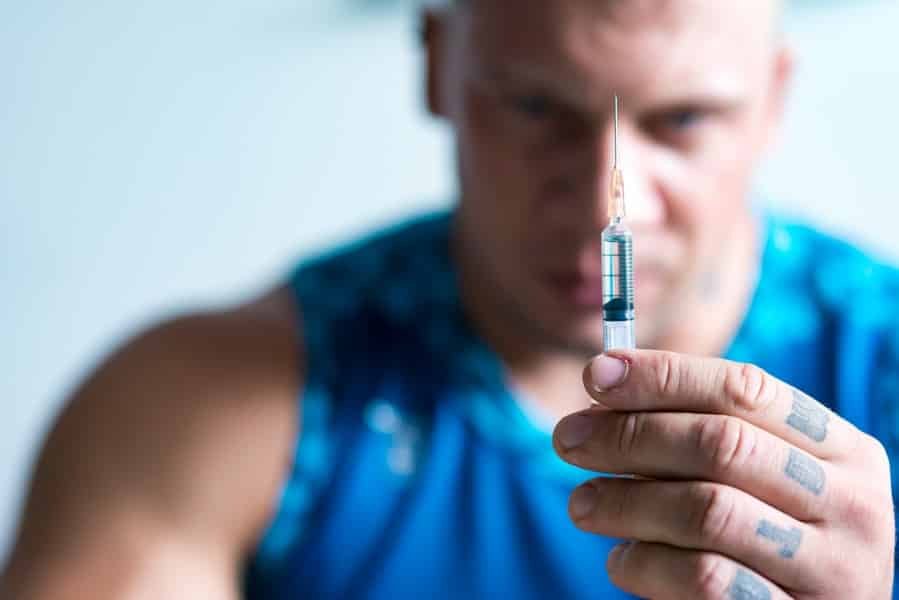
Dexedrine in higher doses, as well as long-term usage and addiction, can result in more serious adverse effects, such as:
Overdosing on Dexedrine can swiftly lead to a life-threatening overdose. Dexedrine intoxication can result in:
The abuse of prescription stimulants has a significant impact on teenagers and young adults. These people may take Dexedrine in a misguided attempt to boost their school or work performance. Stimulants may also be used to stay awake at social gatherings and parties.
Adolescence is a time when the brain’s morphology changes, affecting decision-making, planning, and self-control. Substance abuse can impair the prefrontal cortex’s later phases of growth, potentially leading to the onset of substance use disorders and other mental health concerns in the future. Because early drug use is a key risk factor for later addiction, the best strategy to reduce this risk is to prevent young people from ever trying drugs.
Talk to your teen about drugs early on and explain the dangers of prescription medicines to prevent them from taking stimulants. Because young people tend to feel that legal prescription medications are safer than illicit ones, it’s critical to communicate the risks of taking stimulants and other prescription drugs.
Call us on 0800 999 1083 now, if your teen is abusing Dexedrine or other medications. Early intervention can help them avoid developing a life-threatening addiction.
Treating stimulant usage can be difficult due to the severe effects of using this type of medication, which include the development of anhedonia and depression. Relapse to stimulant use is significantly more likely than relapse to other substances, even with treatment and months or years after stopping usage. As a result, professional, evidence-based treatment may be the most effective strategy to help someone recover from Dexedrine usage over time.
Treatments like Cognitive Behavioural Therapy, which enable the individual to understand triggers that lead to cravings and relapse, and use skills and alternative behaviours that disrupt drug-seeking behaviours, have been shown to help in stimulant abuse recovery. According to research, these therapies are the mainstay in treating stimulant abuse and addiction, including Dexedrine usage, including a study published in Neuropharmacology.

The most significant distinction between inpatient and outpatient treatment is that inpatients live at a treatment facility full-time, whereas outpatients live at home or in sober living accommodations. However, there are several important distinctions between inpatient and outpatient care, such as:
There are various options of therapy for addiction treatment, including the following:

BACP accredited psychotherapist with 16 years experience working in mental health specialising in psychodynamic person-centred therapies treating those with a range of mental health disorders including anxiety, depression, OCD and Addiction.

Fill in your details and we’ll send you a message via SMS.

No matter where you live, there are drug and alcohol rehab options for you to discover. Treatment providers are waiting to answer your questions. Get started today.

Ever felt that gnawing ache or burning sensation in your gut after a night of drinks? You’re not alone. Stomach pain after drinking is a common complaint, and there are a few reasons why it might happen. Let’s delve into the science behind the discomfort and explore ways to soothe your stomach. The Irritating Truth: … Continued

Cocaine, a stimulant known for its short-lived burst of energy and euphoria, hides a dark side. Behind the initial high lies a dangerous potential for overdose, with severe health consequences and even death. This article delves into the world of cocaine overdose, equipping you with the knowledge to recognize the signs, understand the dangers, and … Continued

Adult smoking habits in the UK refer to how often and in what ways people aged 18 and above use tobacco. This includes everything from smoking cigarettes every day to occasionally lighting up, as well as using other tobacco products. Understanding these habits is important for several reasons: Public Health: Smoking causes many diseases that … Continued

Addiction in the UK is a complex issue that is connected to various aspects of society such as healthcare and law enforcement. It affects people from all backgrounds and has negative impacts on families, communities, and the entire nation. Understanding addiction involves not only looking at the uncontrollable use of substances and repetitive behaviors but … Continued

Don’t go through the process of recovery alone. Treatment providers can answer your questions. Get in touch with one today.
Call 0800 999 1083 today!






